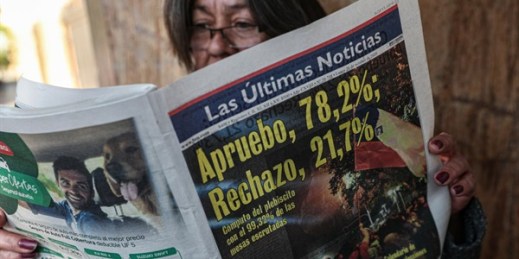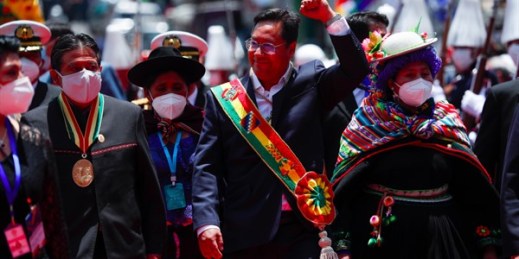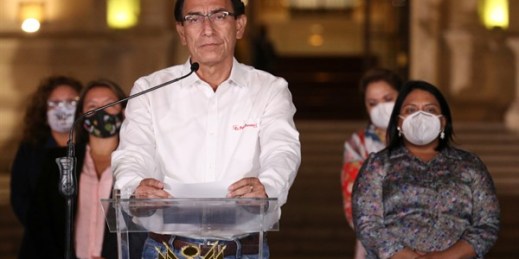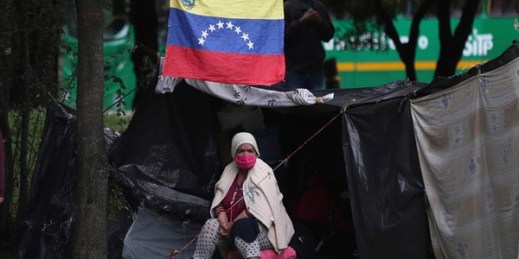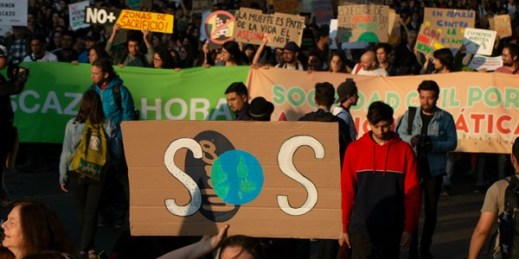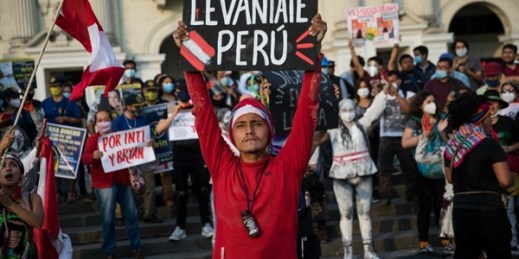
LIMA, Peru—If there was ever a moment when this Andean nation could have used the soothing influence of a wise and binding decision from its Constitutional Court, it was this month, with regard to the legality of the shock ouster of President Martin Vizcarra. The popular, corruption-busting leader’s abrupt removal on Nov. 9 by a scandal-wracked Congress that most Peruvians regard with contempt convulsed the country. The subsequent wave of vibrant and largely peaceful national protests were unlike anything seen here since the fall of the authoritarian regime of Alberto Fujimori two decades ago. One poll taken a few days […]

